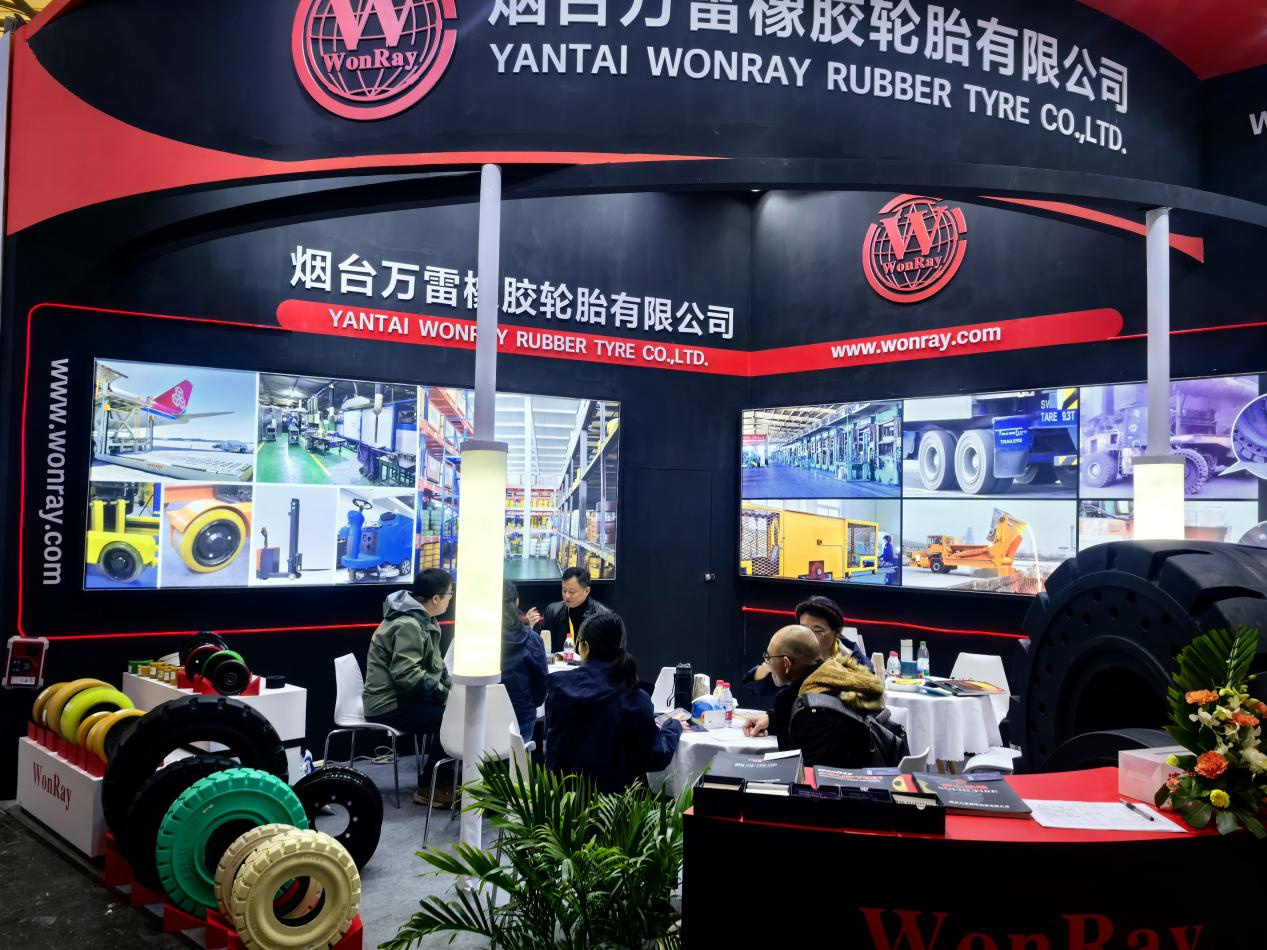Port operations require specialized equipment designed to handle heavy loads and operate in demanding environments. Among these, port tires are a critical component that supports the smooth functioning of container handlers, reach stackers, straddle carriers, and other terminal vehicles. Choosing the right port tires ensures safety, efficiency, and long-term cost savings in busy port and terminal environments.
Port tires are engineered to withstand extremely heavy loads, high temperatures, and frequent directional changes. Unlike conventional tires, they are built with reinforced sidewalls and deep tread patterns to offer superior durability and traction on concrete and asphalt surfaces commonly found in ports. These features help reduce slippage, improve braking performance, and ensure operational continuity even under tough working conditions.
There are several types of port tires available, including radial and bias-ply constructions. Radial port tires are known for their low rolling resistance and enhanced comfort, which reduces fuel consumption and vibration-related wear. Bias-ply tires, on the other hand, provide exceptional sidewall strength, making them ideal for high-load and slow-speed applications. The choice depends on specific machinery requirements, operational frequency, and terrain conditions.
In the context of increasing global trade and container traffic, port authorities and logistics companies are seeking ways to enhance operational reliability. Investing in high-quality port tires not only improves equipment uptime but also helps minimize unexpected downtime due to tire failure. Many premium port tires now come with advanced compounds and steel belting technology to increase load capacity and resist punctures, heat buildup, and wear.
Furthermore, sustainability has become a growing priority in port operations. Eco-friendly port tire options made from recyclable materials or extended-life compounds are gaining traction in the market, helping reduce environmental impact while maintaining performance.
In summary, port tires are essential to the efficiency and safety of terminal operations. By selecting the right type and quality of tires, operators can ensure smoother workflow, reduced maintenance costs, and a safer working environment. As ports continue to modernize, advanced tire technologies will play an increasingly important role in driving performance and reliability.
Post time: 18-06-2025

